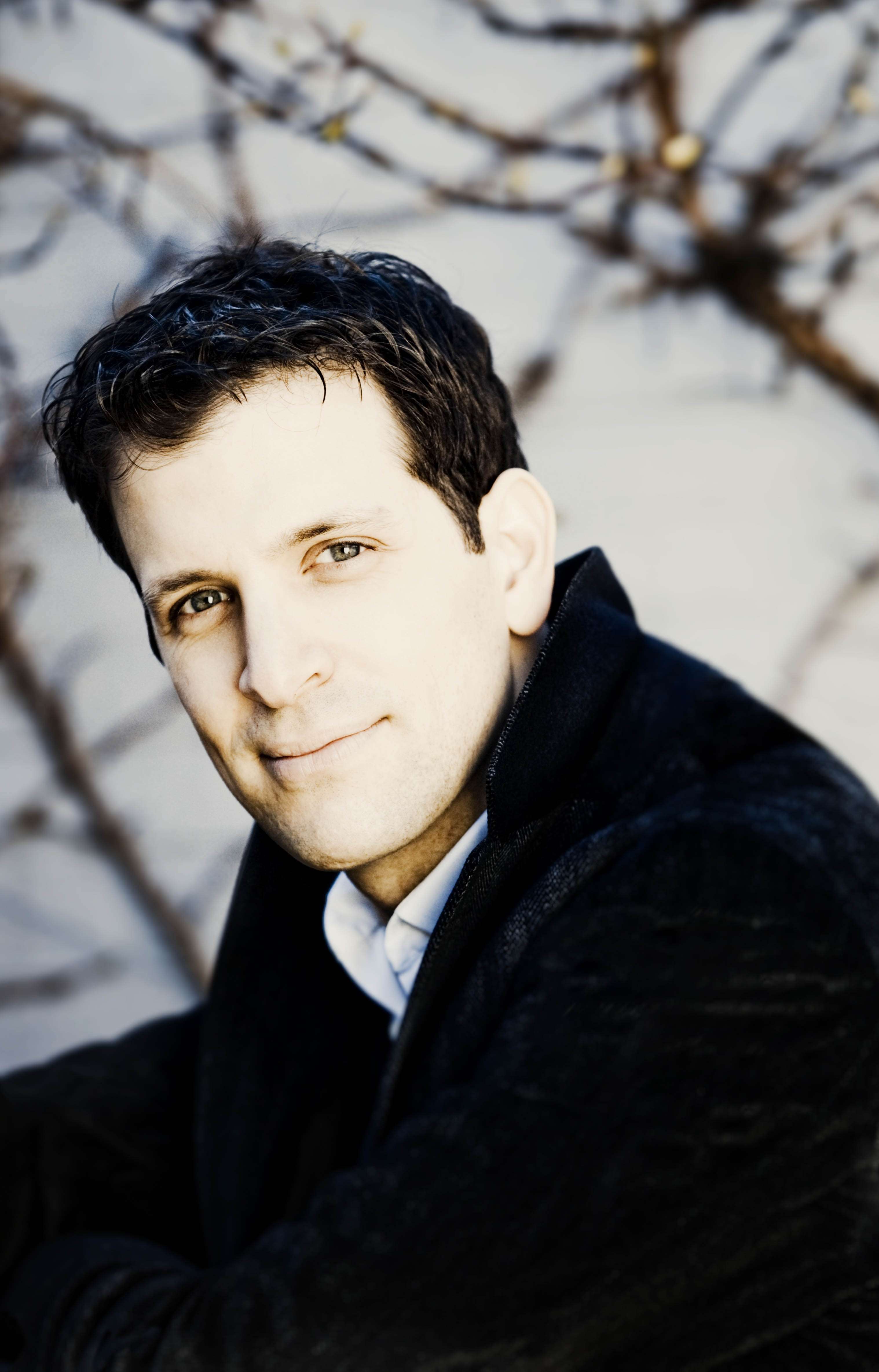|
Back
Sensitivity reigns supreme Toronto
Roy Thomson Hall
03/30/2012 -
Duets:
Felix Mendelssohn: "Ich wollt, meine liebe ergösse sich", Op. 63, No. 1 – "Abschiedlieder der Zugvögel", Op. 63, No. 2 – "Herbstlied", Op. 63, No. 4 – "Lied aus Ruy Blas", Op. 77, No. 2 – "Abendlied", WoO 11, No. 2 – "Wasserfahrt", WoO 11, No. 3
Robert Schumann: "Wenn ich ein Vöglein wär", Op. 43, No. 1 – "Schön Blümelein", Op. 43, No. 3 – "Herbstlied", Op. 43, No. 2 –
"Intermezzo", Op. 74, No. 2 –
"Blaue Augen hat das Mädchen", Op. 138, No. 9
arr. John Greer: Wiener Lieder Medley
For tenor solo:
W. A. Mozart: "Das Veilchen", K. 476 –
"An Chloe", K. 524 –
"Komm, liebe Zither", K. 367b –
"Abendempfindung", K. 523
Robert Schumann: "Mein schöner Stern", Op. 101, No. 4 – "Dein Angesicht", Op. 127, No. 2 – "Waldgespräch", Op. 39, No. 3 – "Mondnacht", Op. 39, No. 5
For baritone solo:
Franz Schubert: four songs from Schwanengesang, D. 957: "Der Atlas", "Ihr Bild", "Aufenthalt"& "In der Ferne"
Franz Liszt: "O lieb, so lang du lieben kannst", S. 298 – "Vergiftet sind meine Lieder", S. 289 – "Die Vätergruft", S. 281
Michael Schade (Tenor), Luca Pisaroni (Baritone), Justus Zeyen (Piano) 
L. Pisaroni (© Marco Borggreve)
Toronto was treated to two singers at the top of their form with this joint recital by local boy with an international career (but who returns often - which is nice), Michael Schade, along with Luca Pisaroni (making his local debut - and a welcome one it was).
The baritone originally scheduled was Thomas Quastoff who abruptly retired from performing in January. The presenters were lucky to find such a splendid performer as Mr. Pisaroni with room in his timetable.
Each half of the program began with three Mendelssohn duets. His songs are usually semi-dismissed as being “parlour songs” (a euphemism for “too easy” perhaps) but on this occasion they served to highlight just how well the voices sounded together with their many intertwined phrases. The five Schumann duets were meatier fare, then the medley of Viennese songs (dominated by “Wien, du Stadt meiner Träume”) gave a light, upbeat finish to the program.
Mr. Schade’s first solo set were of the four Mozart songs all nicely handled, with the final one “Abendempfindung” coming off as more a mini drama than a song.
Mr. Pisaroni firmly established his credentials with the four contrasting songs from Schubert’s Schwanengesang, with the tortured “Der Atlas” followed by the inward “Ihr Bild”, then the emotive “Aufenthalt”. In the second half he ably expressed the grandeur in the three Liszt songs.
Similar contrasts were expressed in Mr. Schade’s performance of the four Schumann songs, with the transcedental “Dein Angesicht” followed by the dramatic “Waldesgespräch”.
Throughout the recital Justus Zeyen provided just the right accompaniment for each number. Highlights were especially deft passages such as where the piano imitates a zither in Mozart’s “Komm, liebe Zither” or the dissonant opening of Liszt’s “Vergiftet sind meine Lieder” (“Poisoned are my songs”).
All in all, this was a very choice mini survey of German romantic lieder. The one drawback was the inappropriate size of the hall - some 2600 seats, although the upper (third) level seats were not on sale. Still, a larger audience than could be accommodated in the city’s ideal venue, Koerner Hall, were able to experience what can only be described as a totally class act.
Just for the record, there were three encores: Schubert’s “Il modo di prender moglie” for Mr. Pisaroni who gave it a Leporello-esque character. (This was the only non-German piece of the evening.) Mr. Schade sang an exquisitely controlled “Nacht und Träme”; then one duet, Mendelssohn’s “Abendrot”.
Michael Johnson
|